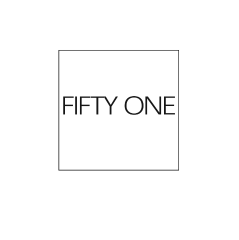NOBUYOSHI ARAKI: Araki - LIMITED EDITION
This exceptional volume is, in Nobuyoshi Araki’s own words, “an epitaph for my first 60 years.” From women bound in the bondage art of kinbaku-bi to sensual shots of flowers, Araki pares down decades’ worth of images to some 1‚000 exemplary photographs, the ultimate personal retrospective to his prolific, controversial oeuvre to date.
| ARTIST | Nobuyoshi Araki |
| TITLE | Araki |
| YEAR | 2001 |
| MEDIUM | Hard cover in clamshell box |
| SIZE | 34,5 x 50 cm |
| PAGES | 636 |
| LANGUAGE | English, French & German |
| EDITION | Edition of 2500 |
| SIGNATURE | Signed and numbered by the artist |
| MISC | With text by Jérôme Sans |
“This book reveals everything about me. It’s been a 60-year contract. Photography is love and death—that’ll be my epitaph.”
—Araki
Araki is an enormous and unique book with a print run of only 2,500 copies. The subject is Japanese photographer Araki, a man who talks about life through photographs. His powerful oeuvre, decades’ worth of images, has been pared down to about 1,000 photographs which tell the story of Araki and comprise the ultimate retrospective collection of his work.
Known best for his intimate, snapshot-style images of women often tied up with ropes (kinbaku, or Japanese rope-tying art) and of colorful, sensual flowers, Araki is an artist who reacts strongly to his emotions and uses photography to experience them more fully. Obsessed with women, Araki seeks to come closer to them through photography, using ropes like an embrace and the click of the shutter like a kiss. His work is at once shocking and mysteriously tender; a deeply personal artist, Araki is not afraid of his emotions nor of showing them to the world.
Nobuyoshi Araki was born in Tokyo in 1940. Given a camera by his father at the ripe age of twelve, Araki has been taking pictures ever since. He studied photography and film at Chiba University and went into commercial photography soon after graduating. In 1970 he created his famous Xeroxed Photo Albums, which he produced in limited editions and sent to friends, art critics, and people selected randomly from the telephone book. Over the years, his bold, unabashed photographs of his private life have been the object of a great deal of controversy and censorship (especially in his native Japan), a fact that has not fazed the artist nor diminished his influence. To date, Araki has published over 400 books of his work.
















